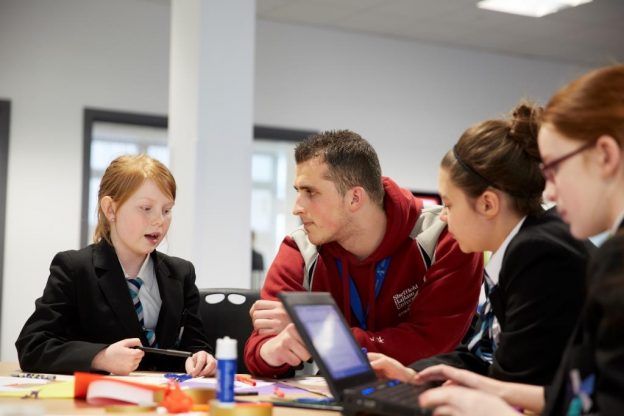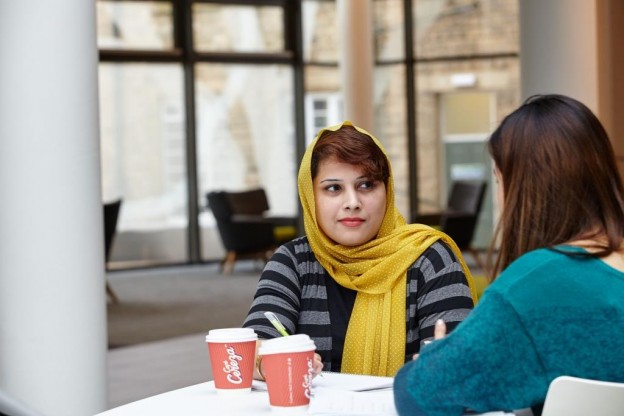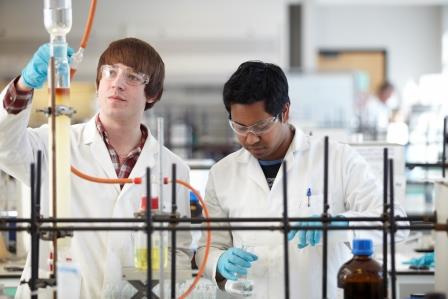Category: Research
-

Shaping South Yorkshire
Last week the Princess of Wales launched the Shaping Us campaign aimed at raising awareness of the importance of early childhood experiences in how we develop physically, socially and emotionally. The campaign starts from the premise that: “The way we develop, through our experiences, relationships, and surroundings during our early childhood, fundamentally shapes our whole […]
-

Can COVID-19 break the rigid opposition to teachers working flexibly?
It feels strange to talk about a global pandemic having upsides, but as we approach the end of many restrictions in the UK, it seems apt to reflect on what lessons we might learn from the life-changing experience we’ve all been through. As a Sheffield Business School academic with a passion for exploring professional lives, […]
-

Midsummer Right Scheming
Midsummer 2021, and once again a Government report is expressing concern for working-class pupils – but seemingly only the White onesi. The statistical ‘data driven’ evidence in the report suggest objectivity and ‘fact’ but the obvious cherry-picking of evidence, seeming lack of concern about statistical accuracy and subjective bias in the discussion bely such naïve […]
-

Evidence-Informed Teacher Professional Development
Ahead of the Improving Standards of Teaching Through Continuing Professional Development forum taking place in London on Wednesday 3rd October, Dr Emily Perry, who will be chairing the event, shares her thoughts on how the ‘evidence-informed’ agenda, present across the education system, can be extended to also influence CPD models. In teaching we have an ongoing move towards […]
-

Research-Engaged Practice in Education
This month the Research-Engaged Practice Network (REPN) are back after a brief period of rest, with research being presented from a range of practitioner-led perspectives, including the Primary Science for All project, the Research Schools Network and South Yorkshire Futures. For those that aren’t aware of the REPN, it provides a way in which all […]
-

Changing writing
I can just remember the last two occasions on which I signed my name. The first, a fortnight ago, was when I validated a friend’s passport photograph and the second, only the other day, involved signing for a parcel – and for that I used a fingernail to scrawl my name on a handheld device. […]
-

Easy targets: learning styles, ‘ability’ grouping and the politics of research use in education
This month saw the publication of a report into evidence-informed teaching written by a team from the SIOE with colleagues from Durham and UCL. The report highlights the difficulties teachers can have in assessing research quality, and this brings to mind recent complaints in the press about a lack of evidence-informed teaching. Schools are using a […]
-

Guinness, Scandinavian noir and getting out more
Reaching the parts that others don’t reach SIOE has a global presence engaging with governments, universities, schools, students and lecturers across the planet. In the last year the Centre for Development and Research in Education (CDARE) led teacher professional and curriculum development in the EU (Chain Reaction, Engage, TEMI), Thailand, Malaysia, Ecuador, Ghana, the Philippines […]
-

University can feel like a hostile place to Muslim students
This blog was originally published on The Conversation British Muslims are among some of the most disadvantaged people living in the UK, and yet this is not a story many are familiar with. This is because despite the poverty, disadvantage and social immobility Muslims face, headlines that link the faith to crime or terrorism, or […]
-

How to get the best from practical work
Practical work is, again, in the science education spotlight, with findings from a recent Wellcome Trust study suggesting that recent changes to assessment at GCSE are leading to more and more pupils missing out on practical work in science. The fact that science is, as the report states, an inherently practical subject, increases the mystifying […]